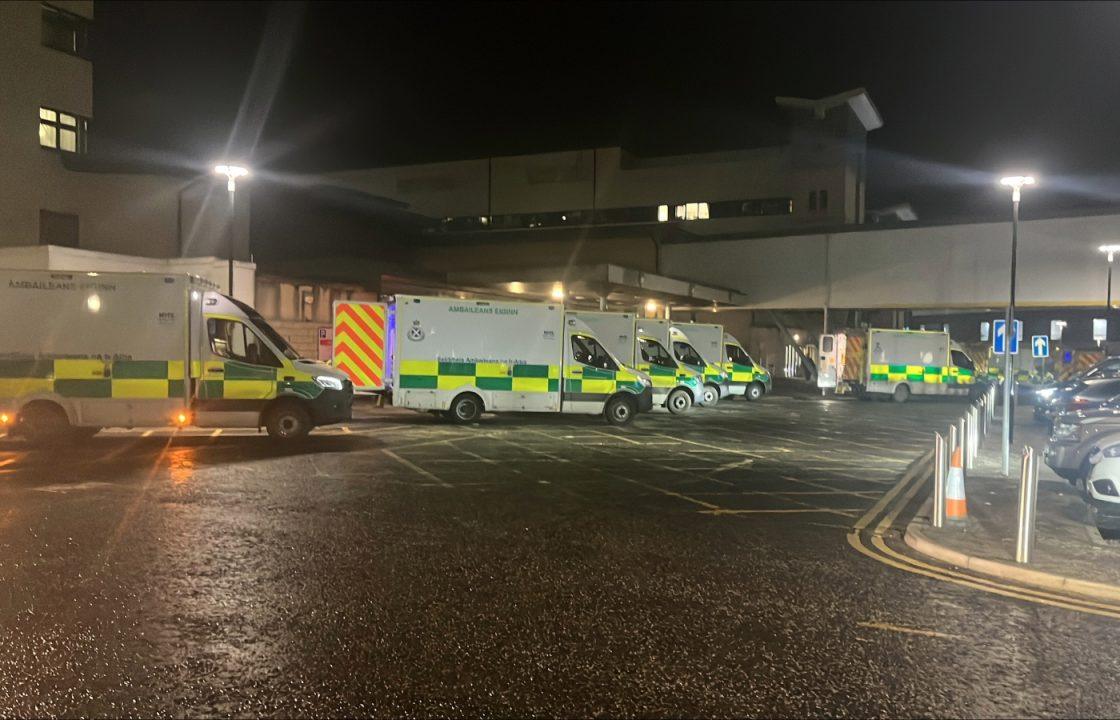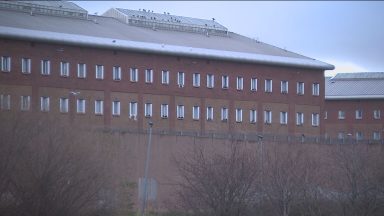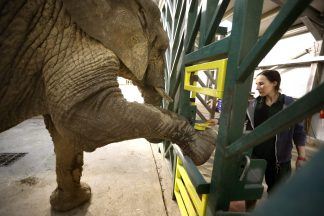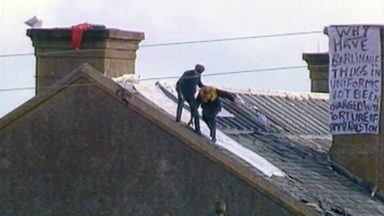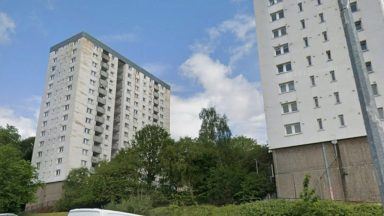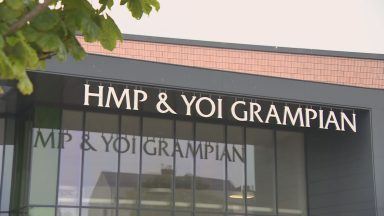A Scottish health board has stood down a “critical incident” after ambulance patients were being diverted to hospitals outside the area.
NHS Grampian bosses were forced to declare a critical incident on Thursday due to the level of demand on services and “extreme pressure” facing Aberdeen Royal Infirmary.
Ambulance patients not requiring life-saving treatment were taken to hospitals outside the area overnight, and elective procedures were postponed.
Aberdeen Royal Infirmary has been operating at an average occupancy of 111% over the last week, with bosses saying the hospital has not been under 100% capacity since September 8.
Dr Gray’s in Elgin had averaged 124% throughout the week and hasn’t been under 100% occupancy since September 7.
Delayed discharges, capacity in community healthcare settings and staffing pressures have been cited as reasons for the rise in patient numbers.
On Saturday, a spokesperson for NHS Grampian said that ambulances are no longer being diverted away from Grampian.
Chief executive, Adam Coldwells said: “Thanks to the hard work of our colleagues and our partner agencies, we have reached a point where we have been able to stand down the board level critical incident.
“As part of that step, we are no longer diverting ambulances away from Grampian.
“I must thank the colleagues right across health and social care, who have been working tirelessly to keep things moving through this complex and challenging situation.
“We now enter a recovery phase, which will include a review. I will give an update to the NHS Grampian board at our meeting on December 12.”
Dr Coldwells added that during the critical incident “a small number of ambulance patients” had been diverted, away from the Grampian area, but that any patients requiring life-saving treatment – for example following a stroke or heart attack – continued to be admitted, via ambulance, to ARI and DGH.
He added: “We’d like to thank our colleagues at neighbouring boards and the Scottish Ambulance Service for their exceptional support and assistance.”
A small number of elective procedures were postponed as a result of the critical incident and these will be rescheduled as soon as possible.
“I’d like to take this opportunity to apologise to anyone who has been affected by changes, during this time,” Dr Coldwells said.
“These sudden changes can be difficult. Although we are in a better position, pressure across our health care system remains at sustained and historically high levels.
“The situation at ARI, Dr Gray’s Hospital, and in community settings across Grampian, remains extremely pressured, due to the volume of acutely ill patients, delayed discharges, capacity in community healthcare settings and staffing pressures.
“We have also seen an increase in delayed discharges across the north-east.
“On Thursday we had 199 delayed discharges across our system – accounting for 13% of all beds in the region.
“Since January 1, 2024, we have seen a 26% rise in patients whose discharge has been delayed across the region.
“The general public can continue to help us by meeting friends or relatives due for discharge promptly – before midday if possible – so we can prepare the bed for another patient. Using NHS Inform to guide their self-care, or speaking to their GP practice, community pharmacy, or NHS 24 on 111 if they need further advice is also strongly encouraged.”
Follow STV News on WhatsApp
Scan the QR code on your mobile device for all the latest news from around the country


